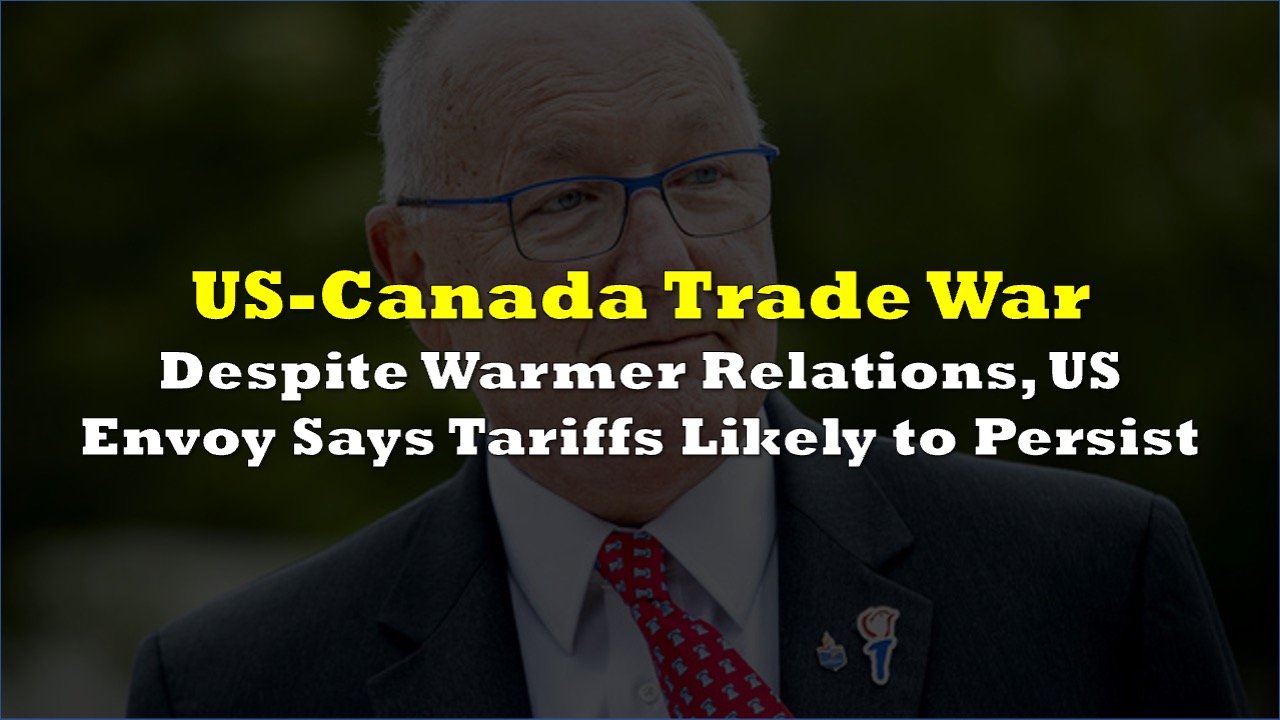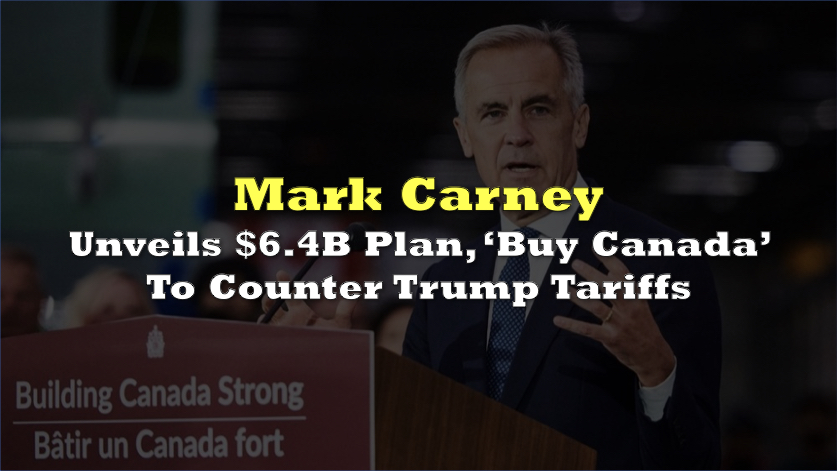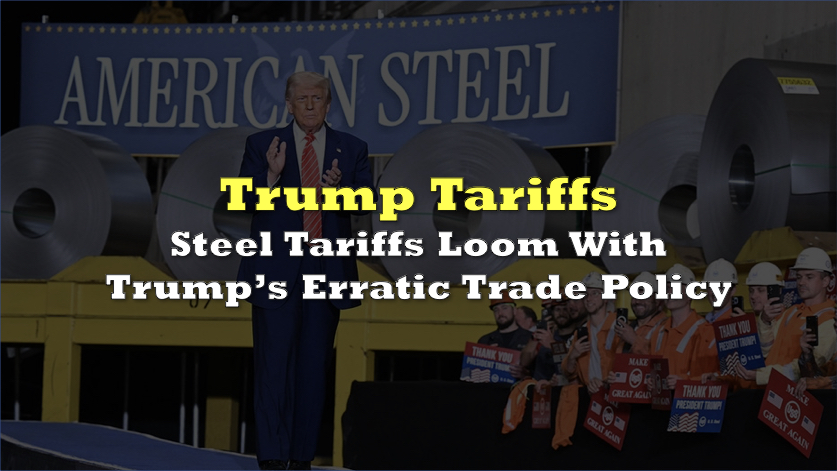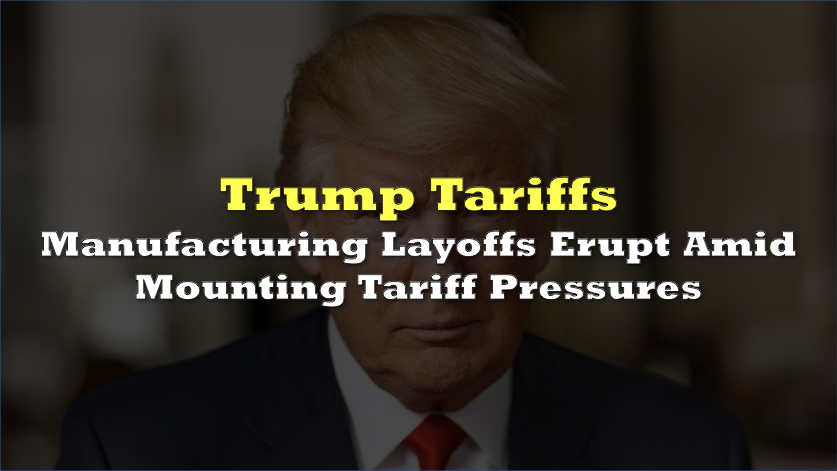The United States has “moved beyond” President Donald Trump’s repeated suggestions that Canada become the 51st state, US Ambassador Peter Hoekstra said Sunday, though some tariffs on Canadian imports will likely remain in place.
“We have moved beyond the 51st state, at least as far as I’m concerned,” Hoekstra told Global TV’s “The West Block” following a more cordial White House meeting between Trump and Prime Minister Mark Carney last week.
Despite the improved diplomatic tone, Hoekstra indicated uncertainty about the full removal of the 25% tariff imposed on most Canadian goods in March.
“I’m not sure they’ll be totally removed,” Hoekstra said when asked about the future of the tariffs.
Trump previously mocked former Prime Minister Justin Trudeau by calling him “Governor Trudeau” during months of escalating trade tensions, which saw Canada respond with matching 25% duties on $30 billion worth of American goods.
The ambassador acknowledged that Trump’s justification for the tariffs — concerns about fentanyl trafficking — might be overstated, noting that “less than 1% of the fentanyl seized by US Customs and Border Protection comes via the US-Canada border.”
Flashback: Carney: Canada-US Partnership “Is Over”
Hoekstra’s remarks follow a new trade agreement between the US and UK that gave Britain limited relief on auto, steel, and aluminum duties while maintaining a 10% baseline tariff on British imports.
Related: Ottawa Counters Trump’s Auto Tariffs With Relief Program
“I think the president wants a very positive relationship,” said Hoekstra, who was confirmed as ambassador last month.
The tariffs have significantly impacted Canadian steel, aluminum, and oil exports, with Canada supplying about 50% of US aluminum imports and 20% of steel imports. Some Canadian companies, including Algoma Steel, have already suspended US shipments and laid off workers in response to the trade measures.
According to a Goldman Sachs study, the 10% oil tariff alone could cost Canadian producers nearly $7 billion annually, while US consumers face roughly $170 per household in higher gasoline prices.
Information for this story was found via Bloomberg, and the sources and companies mentioned. The author has no securities or affiliations related to the organizations discussed. Not a recommendation to buy or sell. Always do additional research and consult a professional before purchasing a security. The author holds no licenses.









